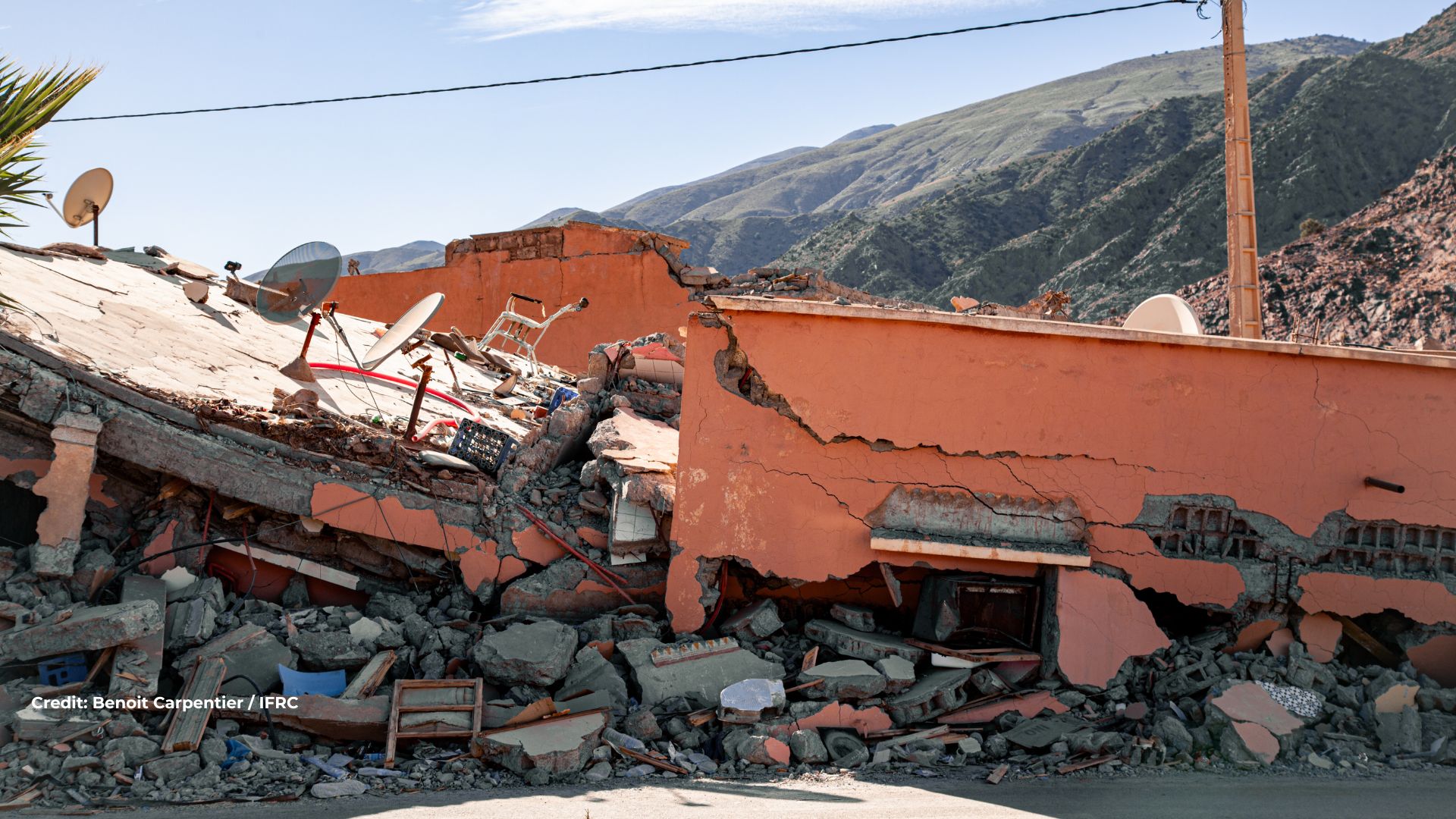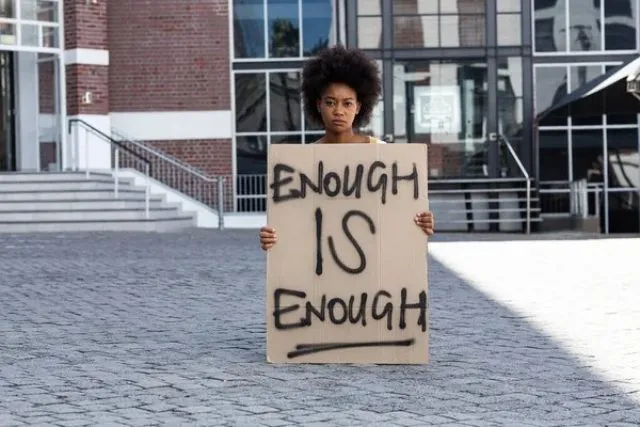Development and climate change
Addressing humanitarian needs and famine risk: the role of climate adaptation finance
Last year 258 million people in 58 countries experienced crisis, emergency, or famine levels of acute food insecurity. Many of those affected live in places where they experience the double vulnerability of climate change and conflict.
As part of efforts to build climate resilience to prevent acute food insecurity and famine, this conference brought together key stakeholders, including donor and recipient country governments, climate finance providers, humanitarian agencies, and development actors, to inform essential work to improve the access of countries with high humanitarian need, and at risk of famine, to climate adaptation finance.
Ministers from Somalia and Niger provided first-hand insights into both their needs and the disproportionate challenges they face to obtain climate finance. Developed in close collaboration with FCDO departments and the Overseas Development Institute, the event formed part of a broader UK campaign to drive ambition on tackling famine and food insecurity and included a roundtable chaired by FCDO Permanent Under Secretary, Nick Dyer. Subsequent political developments in Niger underscored the complexity of the context in which this crucial work is needed.
A Chair’s summary of the event included recommendations for actions leading to COP28.
Women, Religion and Climate Change: Working together to move faster on climate change
Climate change often has a woman’s face and this Wilton Park Dialogue, in association with Global One, The Doha International Center for Interfaith Dialogue, The Qatar Ministry of Environment and Climate Change, Partnership for Faith and Development, The International Learning Movement UK and The Stirling Foundation drew together participants from 15 countries to discuss the nexus between women, religion and climate change.
It recognised the significant role that women play as agents of climate change and explored how increasing women’s leadership and influence can contribute to the development and implementation of efficient and long-lasting climate resilient policies and accelerate the achievement of climate goals.
Mary Robinson, the Former UN Special Envoy on Climate and Founder of a new women led initiative, Project Dandelion spearheaded the discussion, with an inspiring call for women to act and lead locally and globally working together to achieve a clean energy, safe climate world.
A new women led faith inspired framework of radical collaboration on climate action was proposed to harness the energy and activism of women of faith worldwide. And a return to Wilton Park to make that a reality! Watch this space.
Emerging markets in debt distress: exploring options for debt restructuring
Many low-income (LICs) and middle-income countries (MICs) are facing high debt vulnerabilities. The IMF estimates 60% of LICs are already in (15%) or at high risk (45%) of debt distress and that 25% of middle income countries (MICs) are also at high risk. Sustainable debt levels are vital for economic development, as well as poverty reduction.
The public and private sectors agree that there is scope for – and opportunities and benefits attached to – more innovative approaches to restructuring debt for countries in debt distress. The conference aims to break new ground and help unleash this innovation, such as with climate resilience debt clauses (CRDCs) and majority voting provisions (MVPs).


